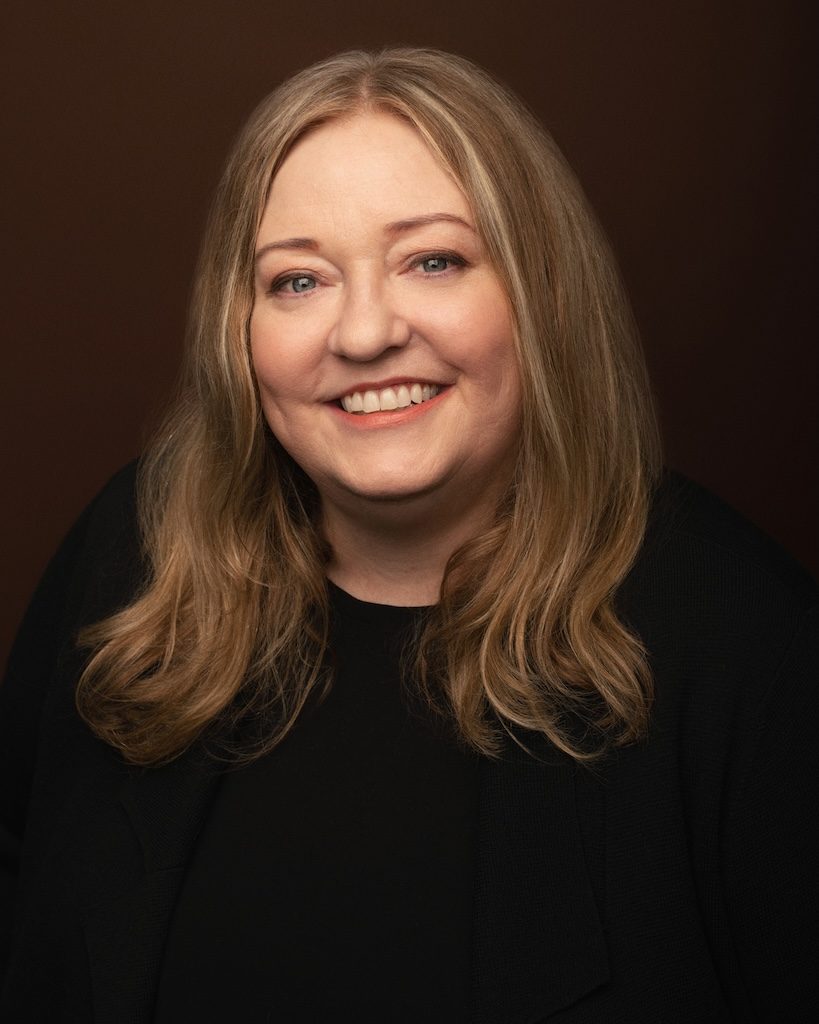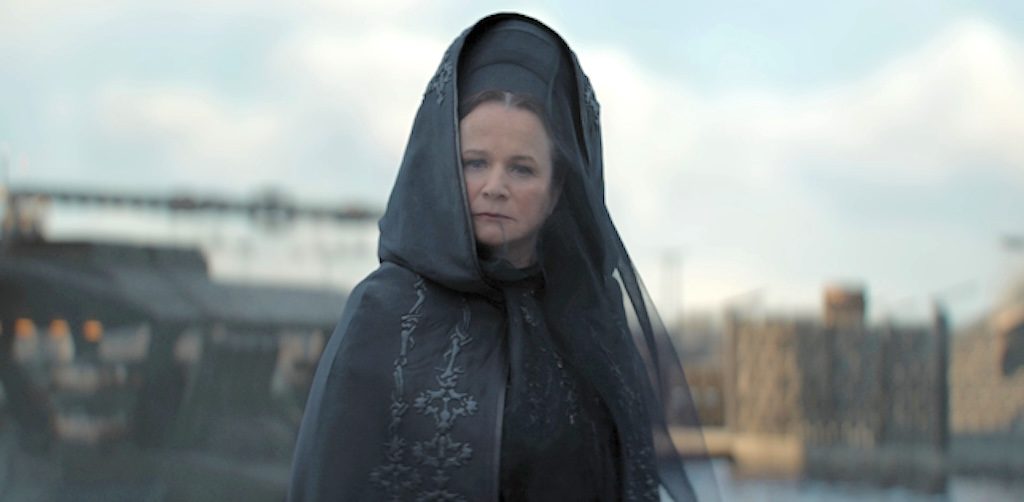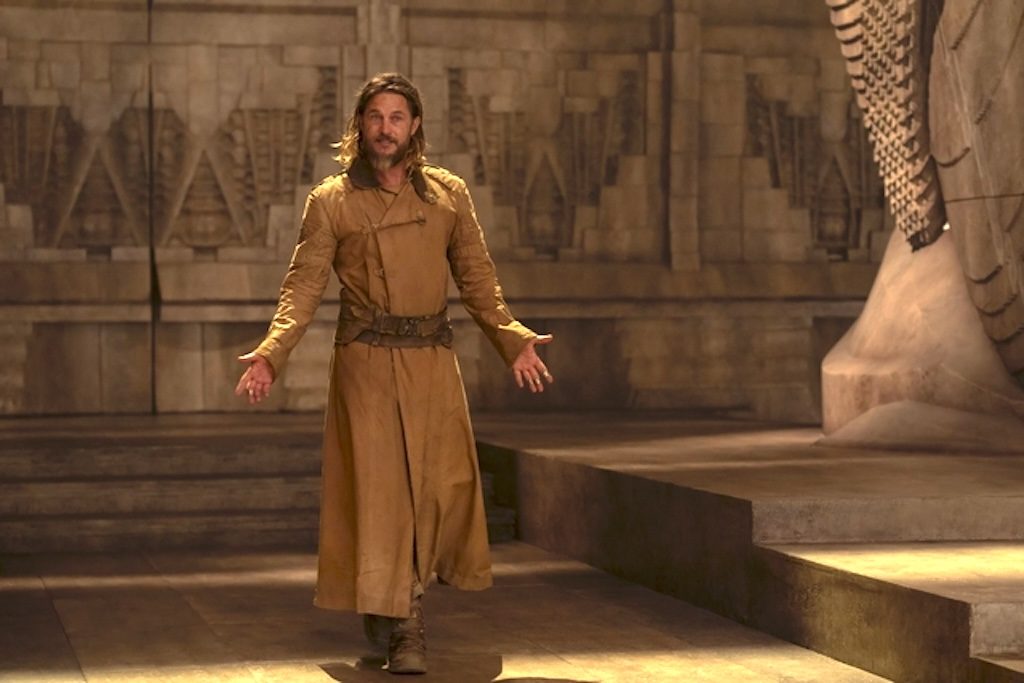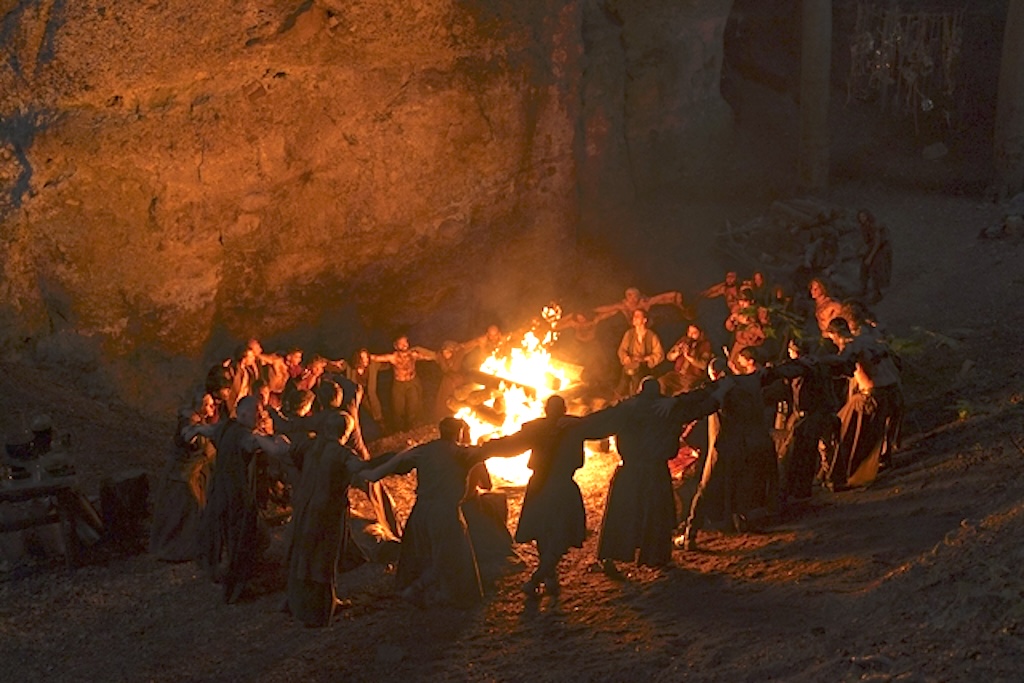Alison Schapker’s path to helming one of science fiction’s most anticipated series started in an unlikely place – a Borders bookstore. “We wrote spec scripts. We sat in a Borders bookstore with an out-of-date agent directory and wrote query letters,” she recalls of her early days with writing partner. “It couldn’t have been more cold calling than we were doing.”
That determination paid off, leading to writing on genre hits like Charmed and Alias, though success wasn’t immediate. “We signed [with a manager] on a Friday,” she laughs, “and then on Monday, he was like, ‘You know, turns out there’s this thing called the television season… and we just missed it.'”
The transition from writer to showrunner brought unexpected challenges. “You think you’re seeing the job of showrunner because you’re in the writers’ room,” Schapker explains, “but it is one of those things that you don’t really know until suddenly you do. I used to have this notion that you could balance your time perfectly… but no.”

Alison Schapker. Photo by Luke Fontana
Her approach to management has evolved through experience. “I’ve done a lot of therapy, but I read some management books and tried to think about leadership and it really is its own skill,” she adds. “Being a writer is not the preparation. You’ll be using those creative muscles that you use as a writer, but also the people and the communication skills become very important.”
Now managing massive productions, she emphasizes staying present. “I try and just radically be in the present with whatever decision I’m trying to make… those things that are the non-negotiables just need to get done in a day.”
Building the World of Dune
For Schapker, adapting Dune is more than just another job – it’s personal. “I really have a very strong memory of what it was like to read Dune,” she says. “I read it with no context. I still remember the book cover and I really feel like it just transports me back to one of those visceral reading experiences.”
Dune: Prophecy explores the evolution of the Sisterhood into the legendary Bene Gesserit, drawing from Brian Herbert and Kevin J. Anderson’s Sisterhood of Dune. “What did it mean to have [the Harkonnens] at the center and Valya and Tula shaping the sisterhood and to what ends?” she asks. “Where are people motivated by their larger goals or their rhetoric of their institution?”
Her fascination with the source material runs deep. “I’m always on the lookout for material that feels like it’s endlessly giving in that way, that you want to think about, that you want to give years of your life to, that’s rewarding to kind of sink into.”
The challenge of adapting such beloved material isn’t lost on Schapker. “We’re definitely tethering ourselves to the Sisterhood of Dune novel,” she explains. “But we’re also thinking about this framing question, which is like, how did the sisterhood go from being the Sisterhood to almost like going through this rebrand as the Bene Gesserit, you know, like what is that trajectory?”
This balance between honoring source material and creating something new has been central to her career. “I was on Westworld finishing up season four when this project came along,” she recalls. “This project has been gestating and had hit a point where it was ready for a new voice to kind of come in.”
Assembling the Writers’ Room
When assembling her team, Schapker looks beyond just writing talent. “Some people who can clearly handle muscular action and plot or other people who are like really doing nuanced, delicate character work,” she explains. “Part of being in a TV room is being just in a conversation all day with a group of people.”
The collaborative nature of television writing remains crucial. “Every room has its own energy dynamic to it. That’s what I look for. Just people, I think, ‘This is going to be an intellectually stimulating, but also funny, also nice [collaborator]. And we have a no asshole policy is something we strive for.”

Valya Halkonnen (Emily Watson) Photo courtesy of HBO
Working on a production of this magnitude brings unique challenges. “It’s impossible to create a season of television on this scale, like this kind of serialized, quickly,” Schapker notes. “Your fans are going to be away from the show for a time.”
She’s particularly focused on the visual and world-building aspects. “Finding that balance of staking a terrain that feels big enough for Dune. That feels like you’re not trying to downsize it, but at the same time, like bringing people along for that ride.”
Planning for the Future
The series aims to answer fundamental questions about the Bene Gesserit’s origins. “How did the sisterhood go from being the sisterhood to almost like going through this rebrand as the Bene Gesserit?” Schapker says. “For us, that question would be a multi-season arc to really do justice to.”
While focused on delivering a satisfying first season, she’s also clearly thinking ahead. “We want to make sure the season stands up on its own. And at the end of it, you feel like you’ve gotten somewhere and that it’s satisfying, but leaves you wanting enough that you want to come back.”

Desmond Hart (Travis Fimmel) Photo by Attila Szvacsek/ HBO
Having witnessed television’s evolution from 22-episode seasons to today’s streaming era, Schapker sees value in both models. “That network model of 22 episodes of television was an incredible training ground,” she reflects. “I mean, just an incredible training ground, incredible muscle to be building.”
Today’s challenges require different approaches. “This kind of show is a different kind of storytelling because it’s so intricately plotted. I do think it’s a bit more of a slow burn up front. Finding that balance of staking a terrain that feels big enough for Dune, that you’re not trying to downsize it, but at the same time, bringing people along for that ride.”
Despite industry uncertainties, Schapker remains optimistic about newcomers breaking in. “I’ve lived through contractions and expansions… if you love it and it’s really what you want to be doing, it just takes one yes. You can come in from nowhere with your work as your calling card.”
She also emphasizes the importance of genuine passion. “You do have to love it. I think that the process of creating is a joy in and of itself. I have as many demons as any writer out there, but I do feel like there’s nothing else I’d rather be doing.”
This interview has been condensed. Listen to the full audio version here.

